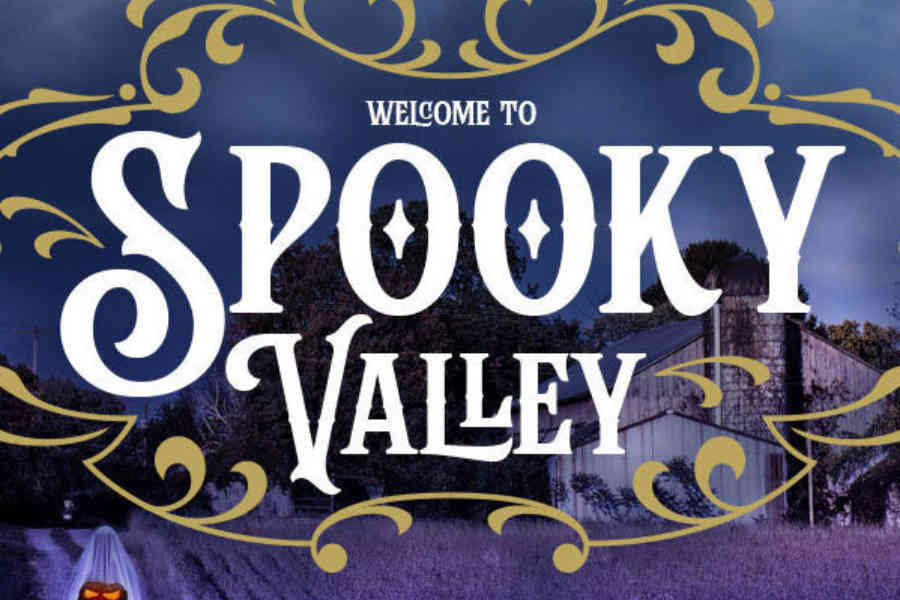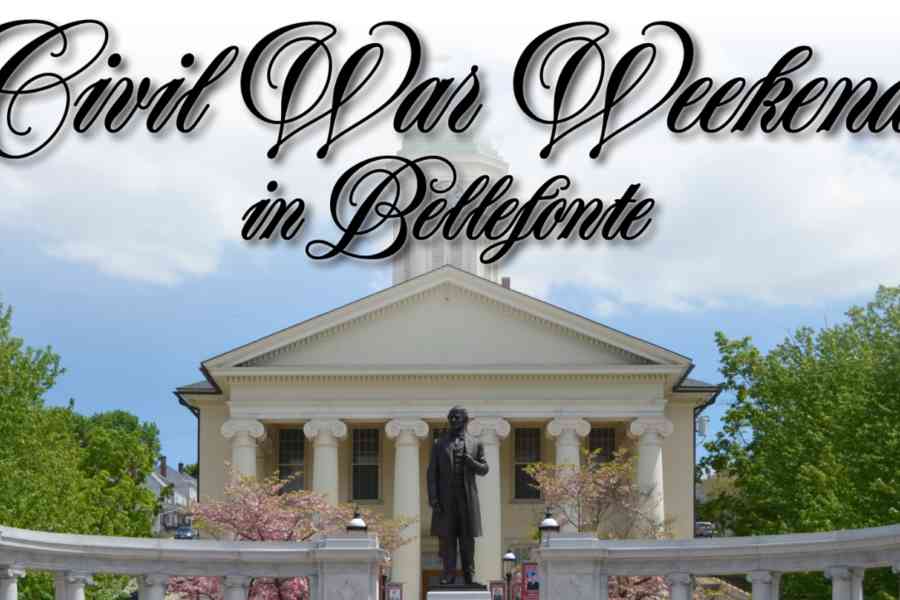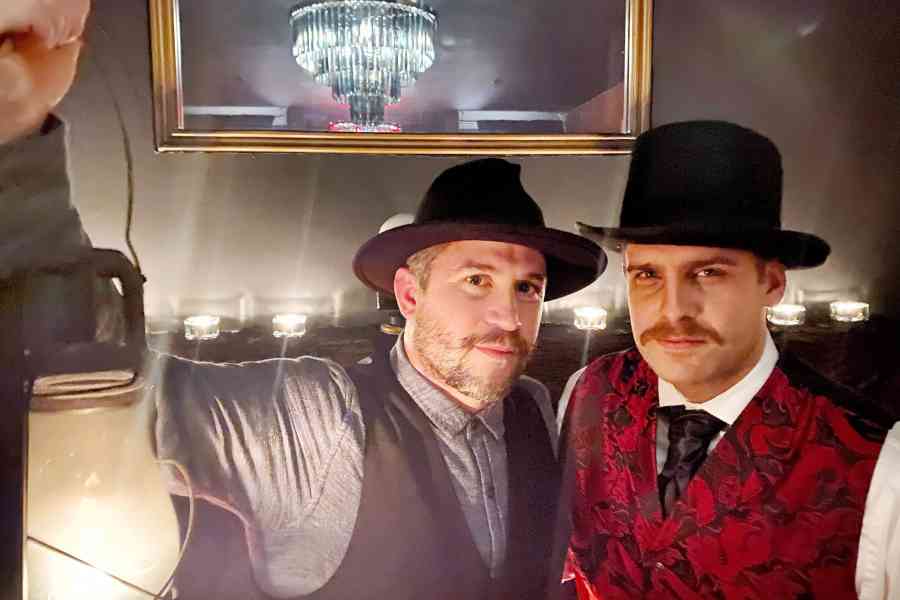Philipsburg’s rich history is highlighted at the Moshannon Valley Heritage Center
Philipsburg is distinctive in many ways: the town’s forefather, Hardman Philips, was exiled to “the wilderness town” after taking part in a duel in England. Before that, Hardman’s brothers, Henry and James, both of whom died young, “lured” settlers to the unimproved lands by good old-fashioned false advertising.
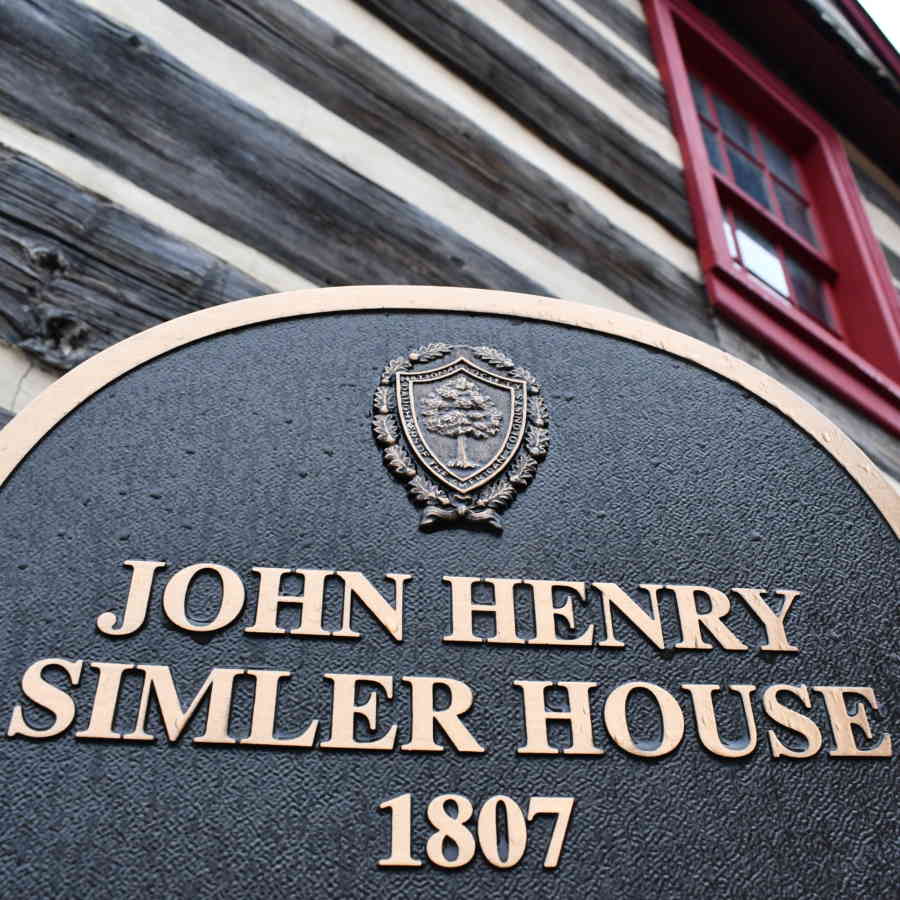
Early histories tell us the Philipses induced settlers with a town lot and a four-acre out-lot by “extolling in an exaggerated manner the advantages of the site,” including that the Moshannon Creek was a “navigable stream wherein sloops could sail right up their town,” and that provisions were “cheap and plentiful, which proved to be the very reverse.”
When the settlers arrived in what is today Philipsburg and “found what kind of a trap they had been led into,” there was “some terrible cursing and swearing done.” Many of the early settlers left the fledgling village, but new pioneers came, and thanks in great part to what one historian describes as Hardman Philips’ “dogged attempts to plant the Industrial Revolution in the wilds of central Pennsylvania,” Philipsburg survived and continues to thrive.
Today, Philipsburg spans two counties — Centre and Clearfield — and to honor the rich histories and continued accomplishments of both regions, The Happy Valley Adventure Bureau recently established the Moshannon Valley Heritage Center, a unique cross-county venture to celebrate and unite the stories that both counties share.
Inside the joint heritage center, located in a historic former hotel on Philipsburg’s picturesque Front Street and a stone’s throw from the Clearfield County line (and that “navigable stream), visitors learn about the lumber and coal-mining industries that helped communities on both sides of Moshannon Creek flourish. The Coalport Area Coal Museum (Clearfield County) has generously lent coal-mining artifacts, and both the Clearfield and Philipsburg historical societies have provided photos and information about the area’s development. A special desk with photographs and reproduction letters honors the pioneer spirit of the Philips family, founders of Philipsburg.
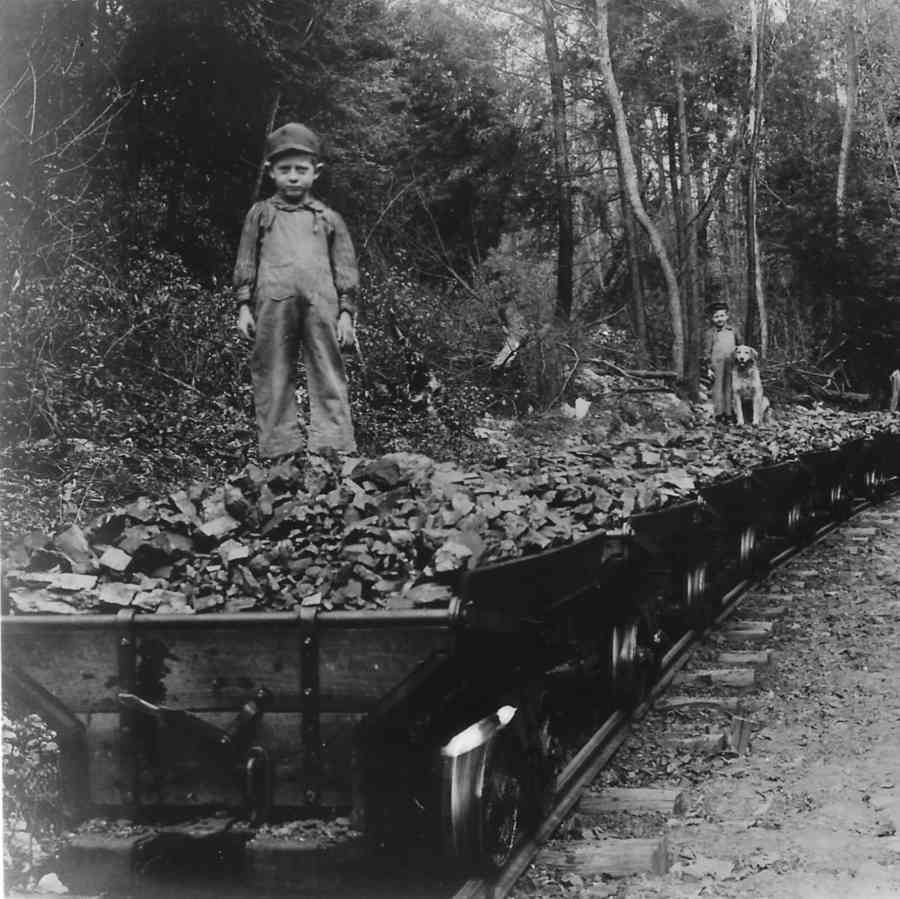
To incorporate the region’s ongoing progress and as a tribute to our timbering past, the Philipsburg Borough crew handcrafted a high-top table and stools from old timber they salvaged around town. Here visitors can relax while they peruse some of the ample brochures provided by the Heritage Center, chat with the center’s docents, plan a historical walking tour around Philipsburg, make plans to stop at a nearby distillery or winery (the new Dead Canary Brewing Company is right across the street!), or share their memories on the telephone provided for recording purposes.
The Heritage Center is located in Philipsburg at 22 N. Front St. and is open Thursday-Friday: 12:00 pm-4:00 pm, and Saturday-Sunday: 10:00 am-3:00 pm.
The Simler House, Philipsburg’s oldest structure, makes history immersive
Standing at the corner of a busy Philipsburg intersection that serves people popping in and out of the post office and frequenting downtown shops and restaurants is the Simler House, the town’s oldest surviving structure.
The quaint log home is handsome and modest — by today’s standards, anyway. When it was built around 1810, though, the home’s windows, staircases (plural!), and high ceilings reflected the wealth of John Henry Simler, the Revolutionary War veteran who built and inhabited the house until 1824.
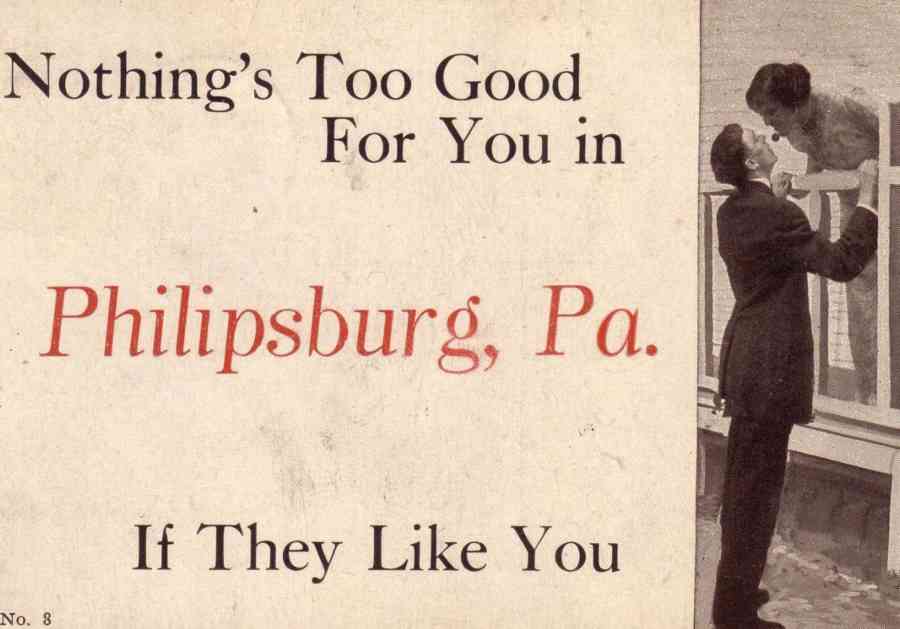
Simler was one of the original settlers persuaded by the Philips brothers “to leave the comparative security of the coastal plains and seek their livelihood in the wild, uninhabited Allegheny highlands,” as an early history puts it. Simler was a shoemaker by trade, and in addition to being a private residence, the home is said to have served at times as a shoe repair shop, boarding house, school, bakery, and tavern. The house features a typical tavern layout, with a kitchen and barroom downstairs and accommodations for guests on the second floor and attic, although, according to Philipsburg Historical Foundation (PHF) Curator Chris Watson, “There is no record of Simler having had a liquor license while he lived there.”
Over the years, the Simler House took on several additions, and for many decades, it was concealed under modern siding. In 2001, however, a Simler descendant Barabara Bezilla purchased the home to save it, and the PHF oversaw the complete restoration of the structure in the memory of Donald Simler with funds provided by his wife.
In honor of Philipsburg’s 225th anniversary in 2022, Curator Watson spent many hours researching and acquiring period furniture and accessories for the house, so that visitors are immersed in what daily life would have been like when the Simlers lived there in the early 1800s. The large hearth is equipped with cast-iron pots and pans, and the table is set with authentic linens, candles, dishes and utensils. Downstairs has been outfitted as a bedroom, so that visitors who are unable to ascend the steep steps can get a sense of what sleeping quarters would have been like — and also the suspected origins of the expression, “Sleep tight!” found in the period-correct rope beds.
"In honor of Philipsburg’s 225th anniversary in 2022, Curator Watson spent many hours researching and acquiring period furniture and accessories for the house"
- Teresa Mull
Children will find extra delight upstairs. In addition to the fun of clambering up said steep steps, they can explore a child’s room, complete with toys, a drum, and a child-sized bed. Extra curious explorers can also peek into the attic, where less well-off boarders would have slept all together on the floor.
Don’t forget to explore outside, either. In honor of the 225-year-celebration, the Philipsburg Borough crew constructed an outhouse from old timber salvaged from around town. The outside matches the Simler House in style, and though it isn’t meant to be used (ahem!), it is equipped with a bucket of corncobs…
History comes alive at the Simler House, and a tour of the structure is sure to be informative and to fill visitors with an appreciation of modern-day conveniences — or else make them yearn for a simpler time. Either way, the Simler House is not to be missed!
The Simler House is located at the corner of Second and Laurel Streets in Philipsburg and is open for special events and by appointment. For more information, visit: https://www.phf1797.com/about-6-1
